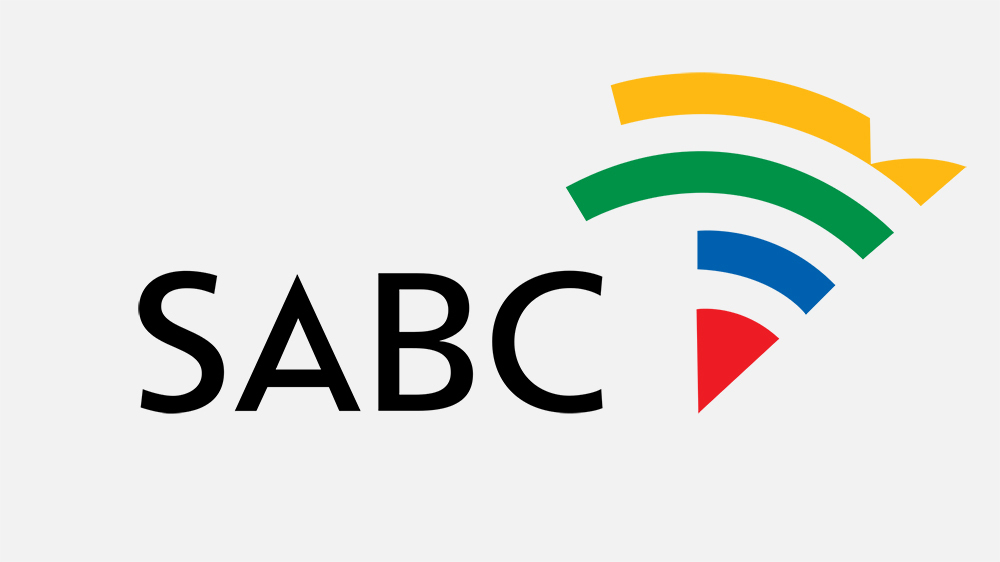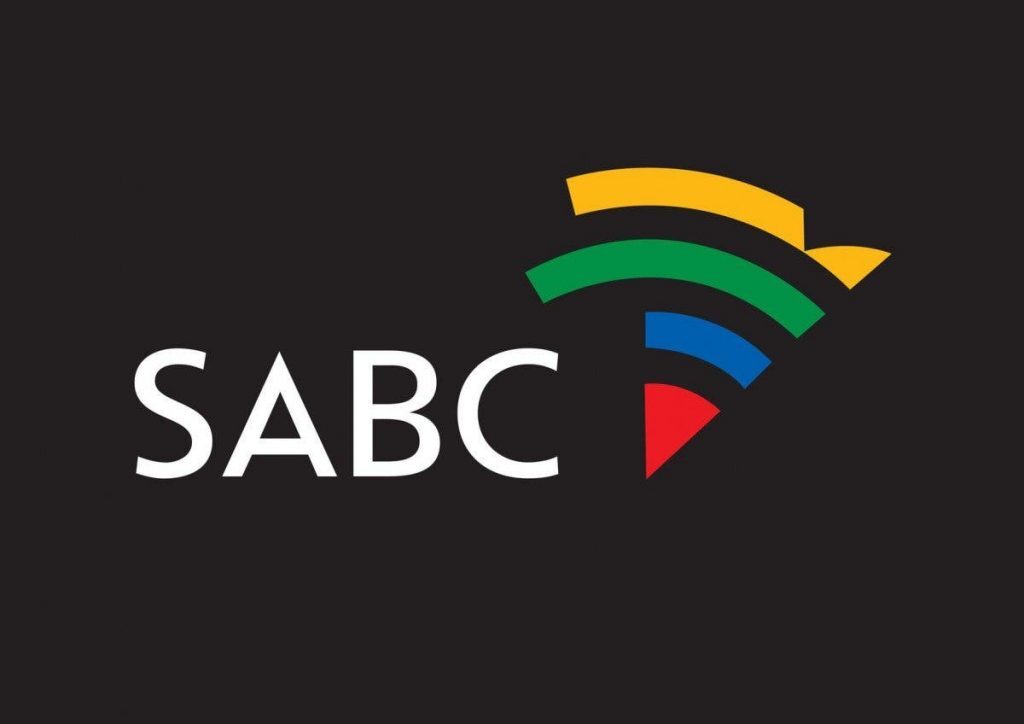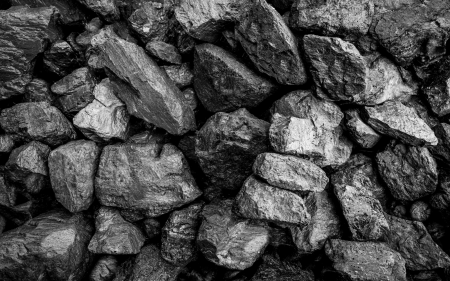He may have left the building but the ghost of Hlaudi Motsoeneng lives on in the SABC headquarters. Or, sadly, his convoluted, irrational attempts at logic remain.
In fact, over in Auckland Park, sanity itself has left the building.
We know it is in short supply, along with rationality, over at the Department of Communications and Other Redundant Technologies and Deadwood Deputies. I’ve often wondered what they smoke at this department, certainly in the minister’s office, given the inexplicable and unintelligible decisions that are made there. The latest hair-brained scheme was announced by Deputy Communications Minister Pinky Kekan, who last week dug deep to reveal her Inner-Hlaudi TM (c).
“Regulation is needed on pay service providers like MultiChoice and subscription video-on-demand provider like Netflix to collect TV licence on behalf of SABC similar to municipalities collecting traffic fine….” Kekana told Parliament’s Portfolio Committee on Communications last week.
She’s tacitly admitted that SABC, so thoroughly incompetent at everything, is now trying to outsource the debt collection of this ridiculous additional tax on the middle classes. It’s a bizarre remanent of the muddled thinking from Apartheid – itself a broken and unsustainable business model – that allows a dysfunctional state-owned enterprise (SEO) to bill South Africans for a service they may never use, but cannot legally opt-out. Nor can you buy a TV without this licence.
This solution from Smokey Mountain and Hlaudi Towers is pure John Cleese-esque hilarious. Like a skit out of Monty Python, surely not a deputy minister presenting to Parliament’s Portfolio Committee on Communications last week, Kekana’s next utterly hair-brained idea is to expand the definition of what television is to include the world’s default device, the smartphone. Facepalm.
“We also have other platforms where people consume content… that is where we should look at how we are able to get SABC licence fees from those gadgets,” she said. She really did.

Kekana, by the way, is one of the many high-profile ANC politicians named by controversial corruption-accused businessman Edwin Sodi as having received payments from the kingpin of the Great R255m Free State Asbestos Pillage.
Because the SABC was left to be the plaything of Mad Hlaudi the first and most destructive board chair Ellen Tshabalala, it has crumbled into a smouldering wreck of a state-owned enterprise.
Previously, controversial communications minister Stella Ndabeni-Abrahams stepped in to stop a board-approved retrenchment process to let it let go some of the SABC’s 3,000 permanent employees which are the corporation’s biggest cost centre: a staggering R3bn wage bill.
So because the government seemingly won’t allow any of its Tripartite Alliance unions to deal with actual, real-world market forces, it won’t retrench where it absolutely has to. So it’s trying to “local news” itself with this nonsense plan.
Licence fees – which brought in 15% of revenue in the 2018/9 financial year – are only paid by a third of the 9-million people who actually have TV licences. You can imagine a lot more of our 58-million population have TVs, but the SABC can’t get more than a third of them to actually pay this absurd tax.
Everyone knows the real reason is that the SABC was broken under Hlaudi and its revenue has just never recovered. There have been recent revelations that advertising packages were discounted as much as 80%, robbing the broadcaster of much-needed revenue. I believe that there is a place for a public broadcaster and the important content is done, but this is unrelated to its failure to do the basics of business correctly.
The saddest part is that the SABC and deputy communications minister, if not the minister herself, are so blindingly out of touch with reality that they haven’t noticed that the world has fundamentally changed. The centre of everything, and most certainly of news and entertainment, is the smartphone. The future is mobile, but, as always with the SABC, they are living in the past.
This article first appeared in the Financial Mail.




